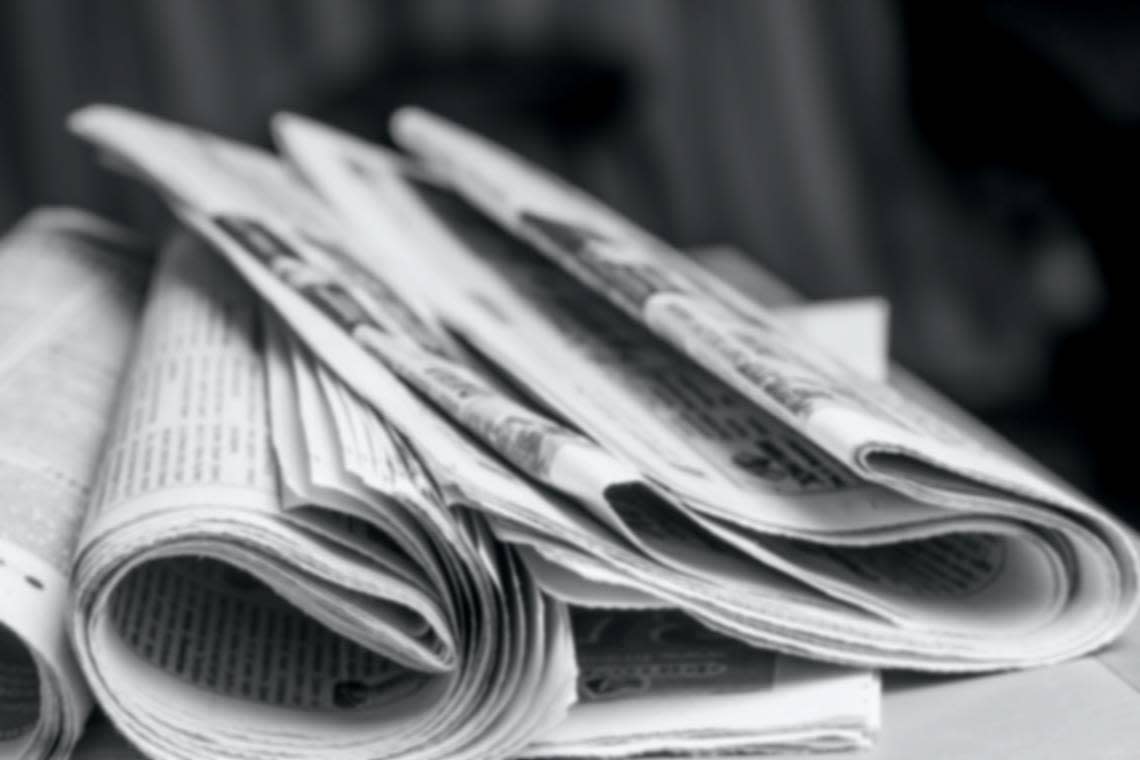The loss of responsible local newspapers and reporters is a problem for democracy | Opinion

When lawmakers return to work in Olympia in early January, they will encounter a press corps decidedly different from that of years past.
Long gone are the swarms of newspaper reporters who toiled there decades ago, some from as far away as Portland, Oregon, and Lewiston, Idaho — and plenty from Washington cities such as Everett, Tacoma, Centralia, Yakima, Vancouver, and from King County’s newspapers large and small. Rounding out the corps of 30 were representatives of The Associated Press, United Press International, radio and television.
Now there are just six full-time reporters covering state government from Olympia.
The closing of one-quarter of U.S. newspapers and one-fifth of Washington’s over the past several years has damaged our communities and our democracy, according to a study by the League of Women Voters of Washington, “The Decline of Local News and Its Impact on Democracy.”
Our research links the closures and the smaller staffs at the remaining newspapers to declines in voter turnout, fewer candidates seeking local office, higher government costs, greater political partisanship, less civic engagement, and problems conducting public health campaigns.
Many of the media organizations represented in Olympia 35 years ago are either out of business or “a shadow of their former selves,” as a number of individuals we interviewed for our study described them.
The previously robust press corps used to work from two dilapidated wooden buildings dubbed the White House and the Blue House, both of which were leveled this year, former Seattle Times reporter David Postman said in a 2022 TVW broadcast titled, “Historic Washington: Capitol Press Houses.”
“It was a busy place. Both houses were packed and there was a lot of competition. There was an intensity there,” Postman recalled.
The handful of reporters who now cover the deliberations and decisions of lawmakers and state agencies work in offices they rent inside the Legislative Building, closer to the action.
Despite the shrinking press corps, there are a few bright spots.
TVW, Washington’s nearly 30-year-old public affairs network, broadcasts gavel-to-gavel coverage of legislative sessions. That enables even those reporting from quiet corners of the state to watch real-time decision making. Videoconferencing software makes it possible for them to interview newsmakers in Olympia.
In May, the four-person Washington State Standard began publishing. The independent nonprofit produces original reporting on state policy and politics and is published under a Creative Commons license, meaning other outlets may publish its stories at no cost.
That the Legislature took two small steps to support local news this past session is also welcome.
Senate Bill 5199, enabling eligible publishers to secure a Business & Occupation tax exemption, passed with overwhelmingly bipartisan support. The savings from it are small, however, perhaps only enough to protect a couple of jobs at The Seattle Times and one job at smaller papers, such as The Columbian in southwest Washington.
The Legislature also approved $2.4 million for a two-year fellowship based at Washington State University’s Edward R. Murrow College that will place 16 early career journalists in newsrooms in under-served regions of the state.
But the League, and others who recognize the importance of responsible local news, are eager to see additional efforts to promote government coverage at all levels — city and county councils, and school and special districts, as well as the Legislature.
Washington State University professor Benjamin Shors, whom we interviewed for our study, described the crisis this way: “It’s not a journalism problem. It’s a democracy problem.”
The League of Women Voters of Washington sees it that way, too.
Darlene Hein is president of the League of Women Voters of Thurston County. Dee Anne Finken is a member of the Board of Directors of the League of Women Voters of Washington and chairs the League’s Local News and Democracy Committee.

